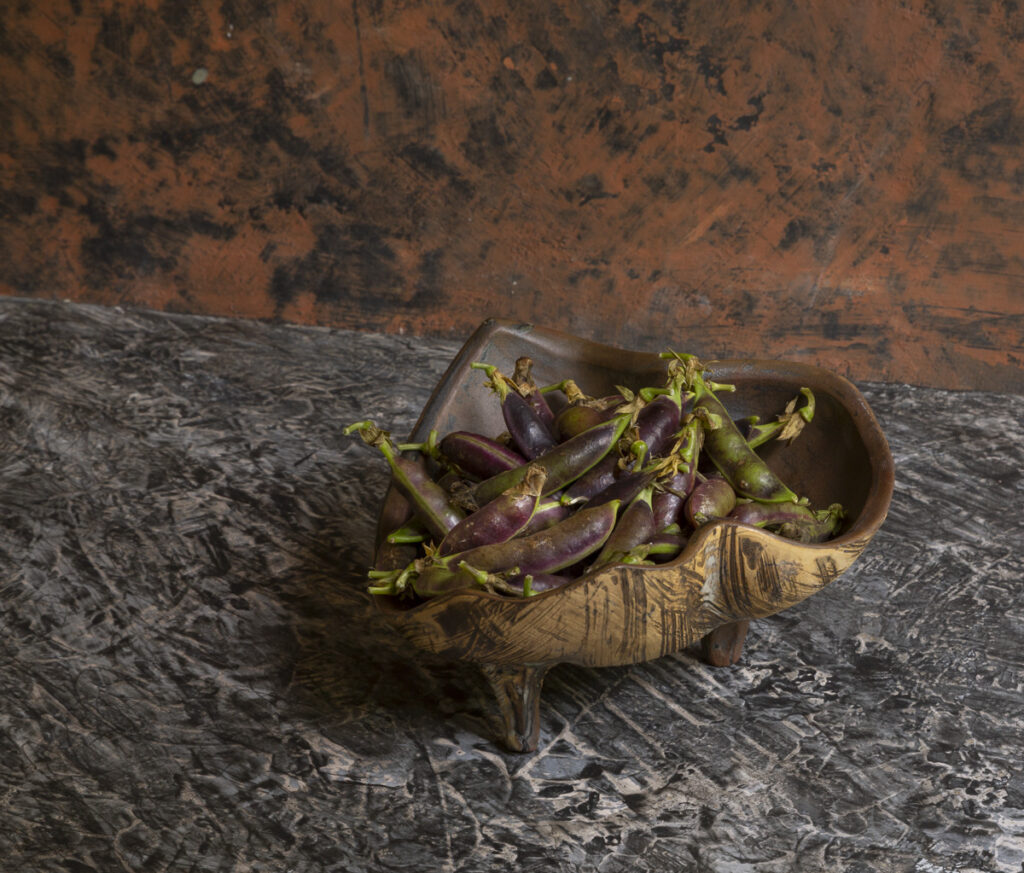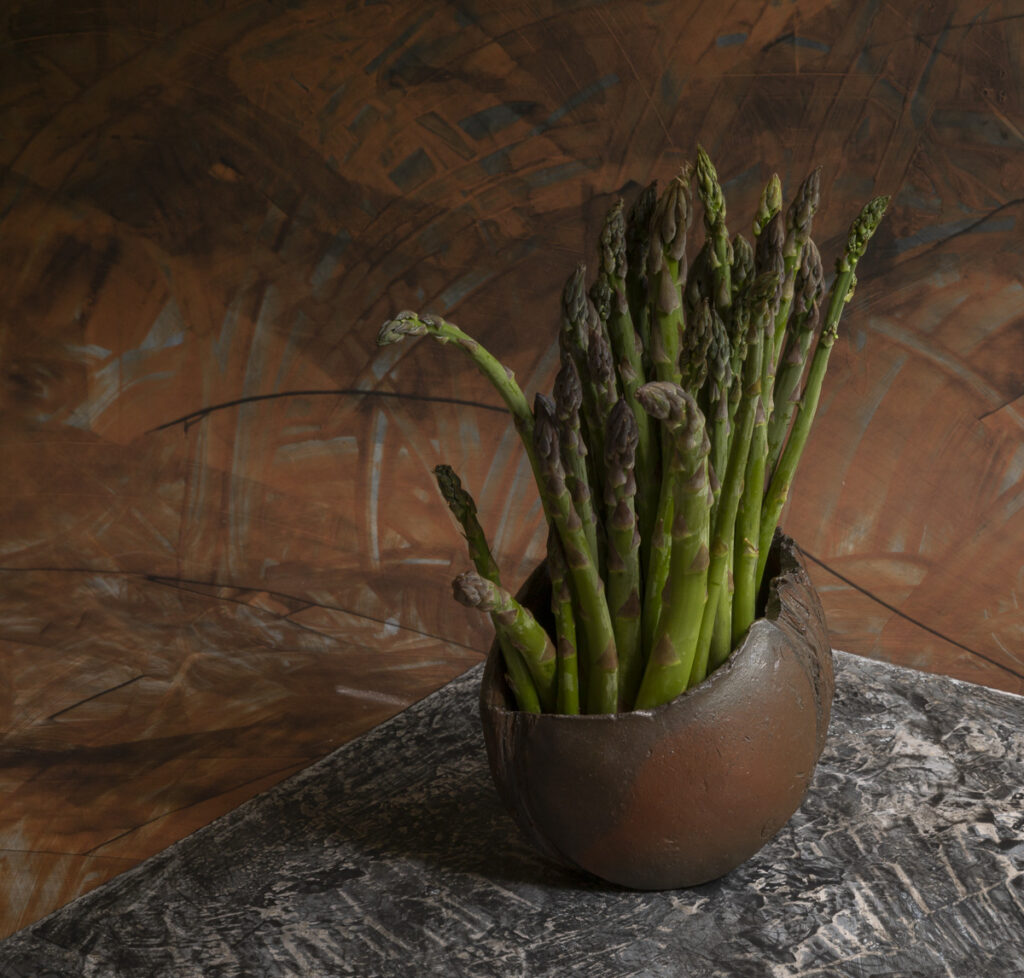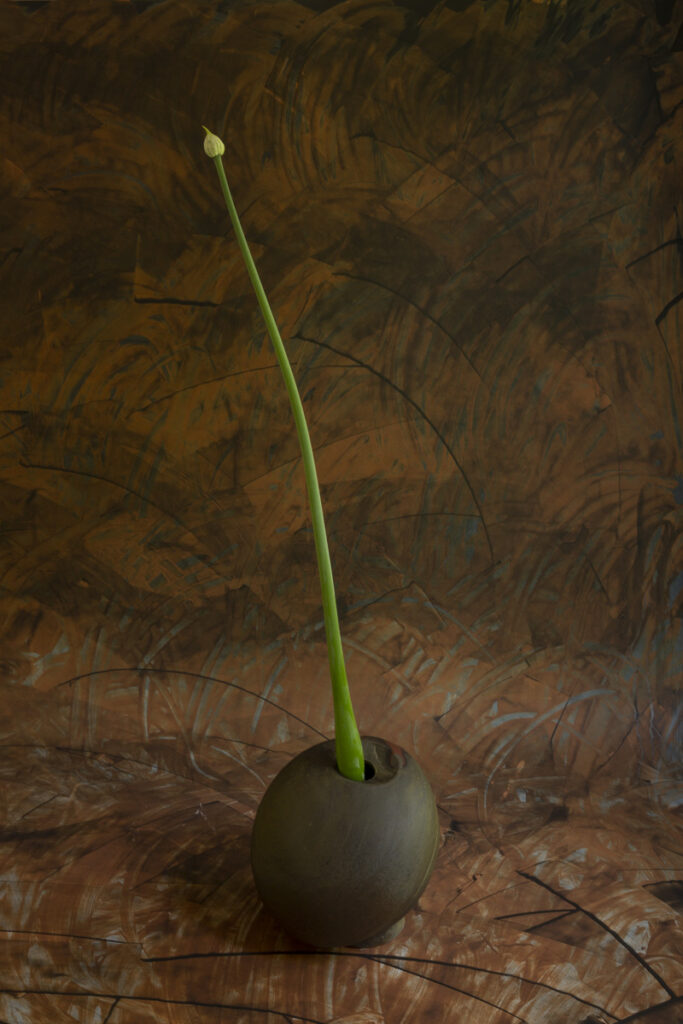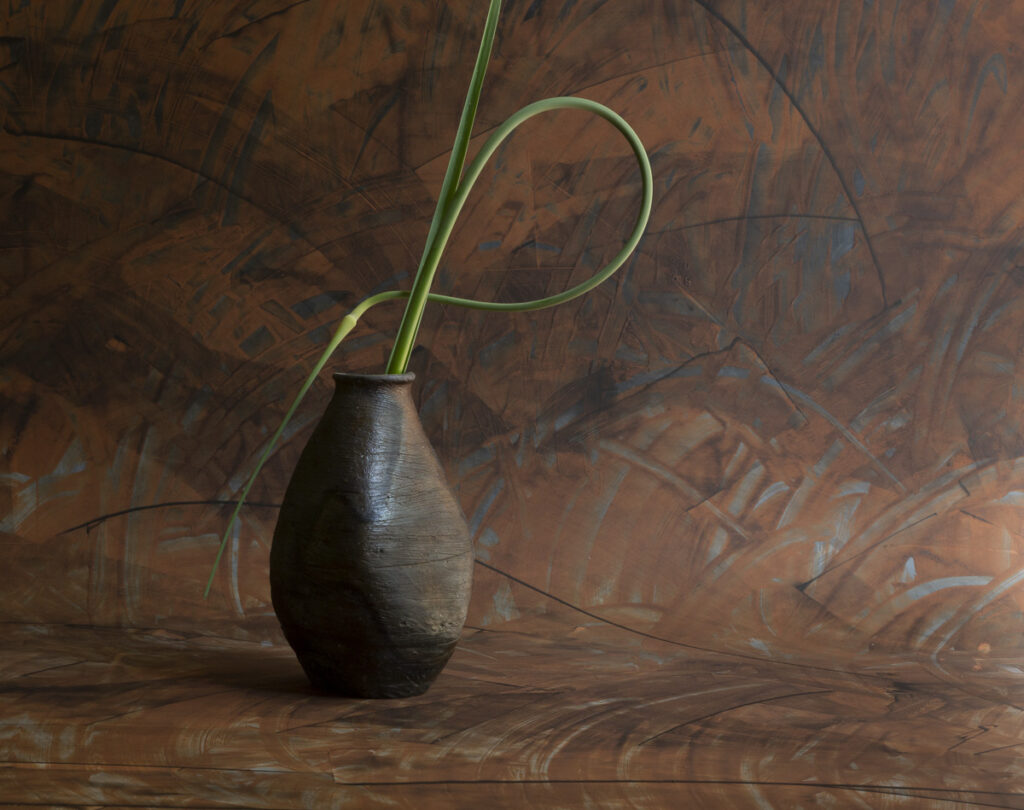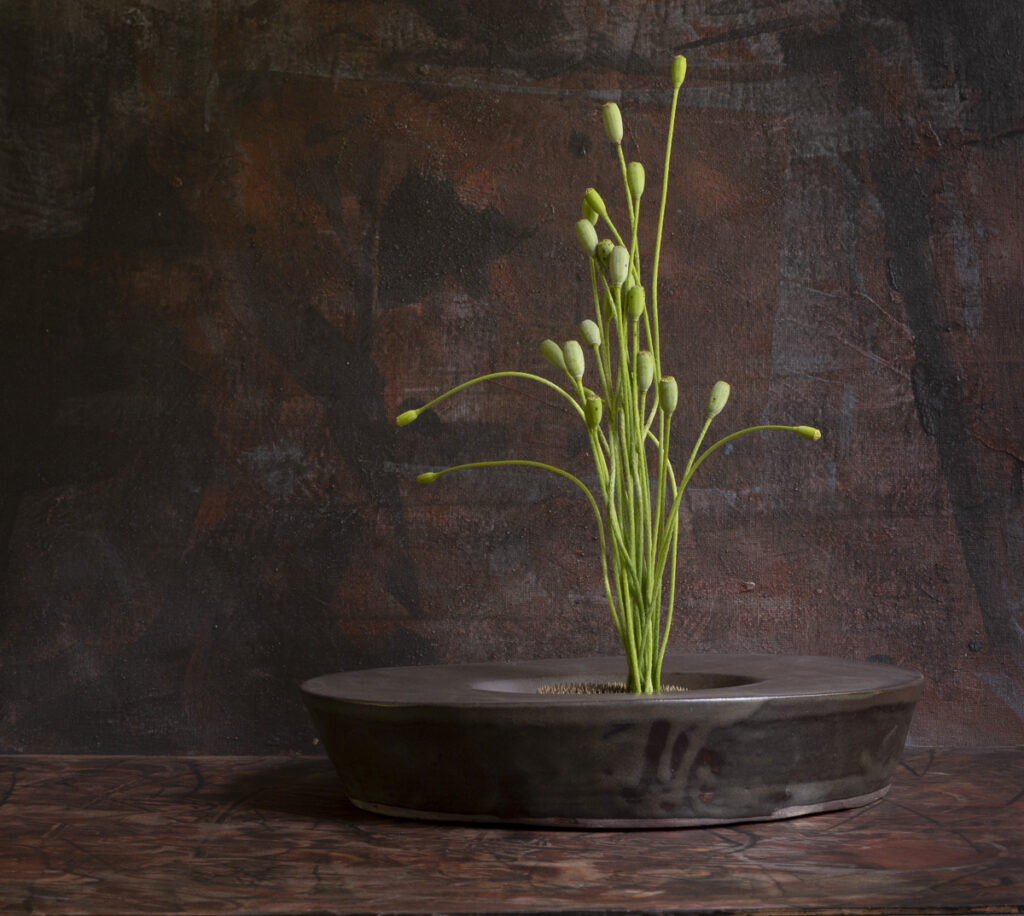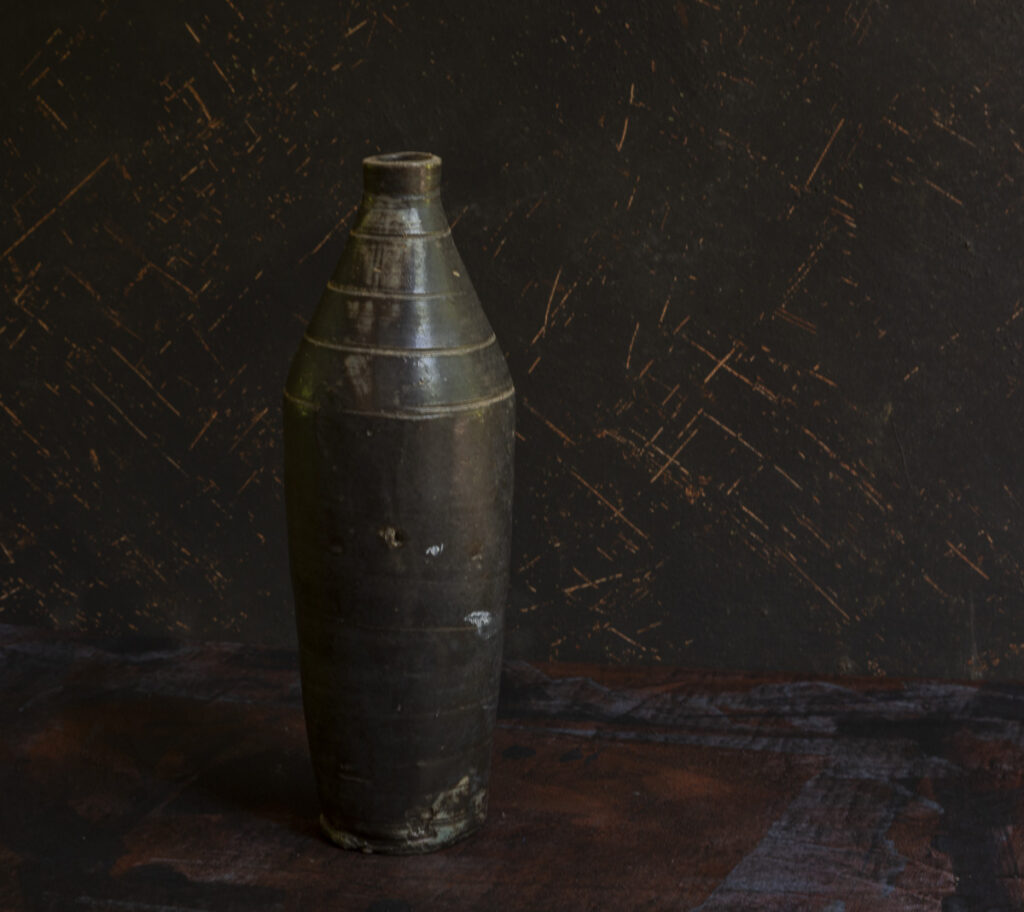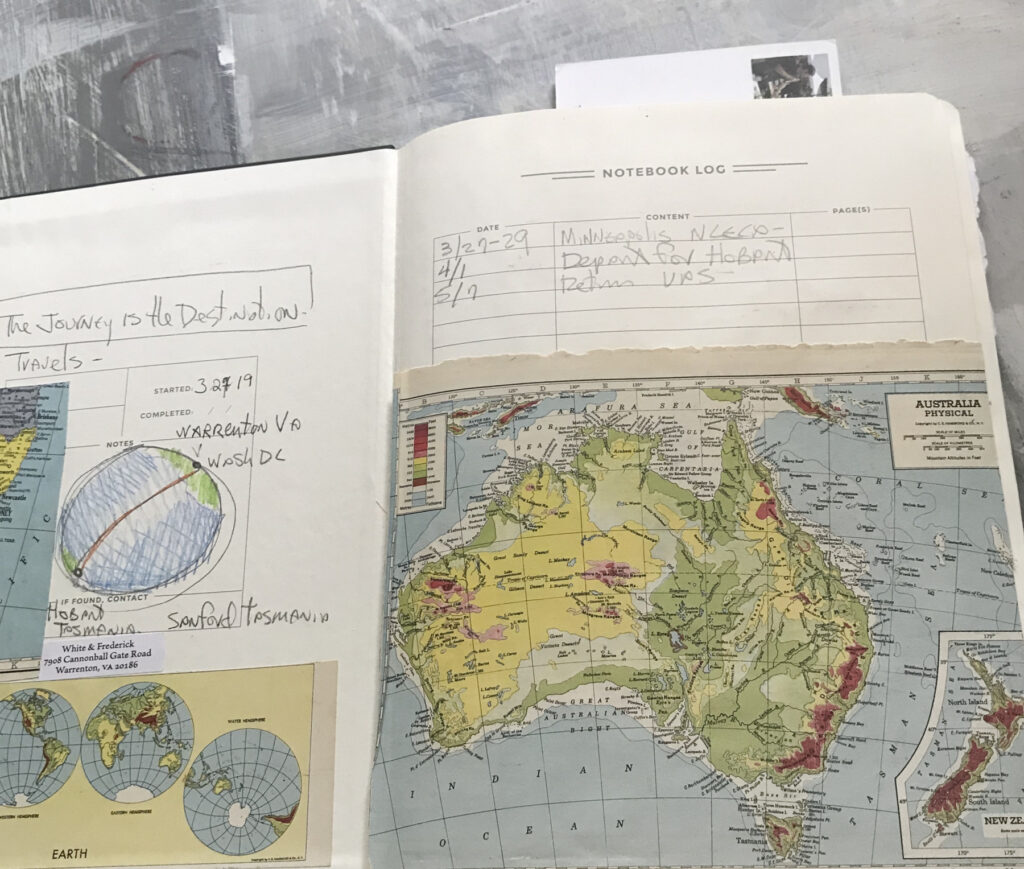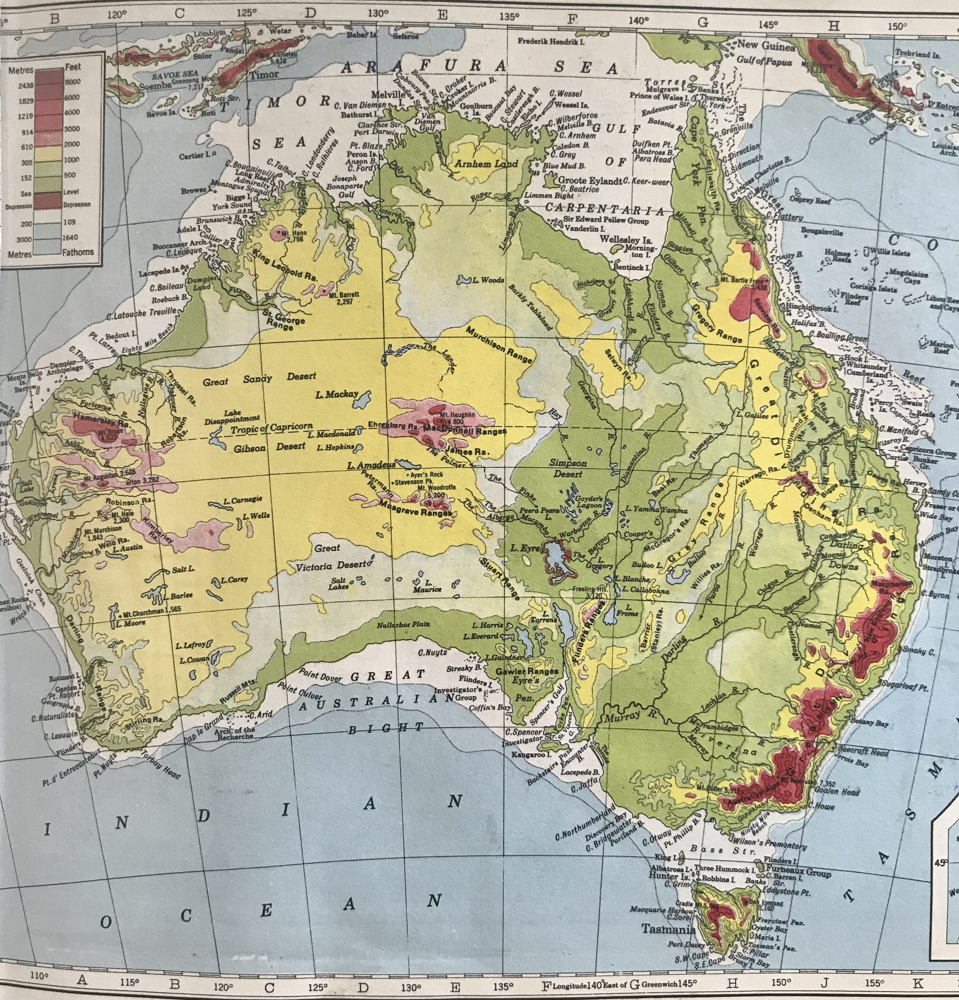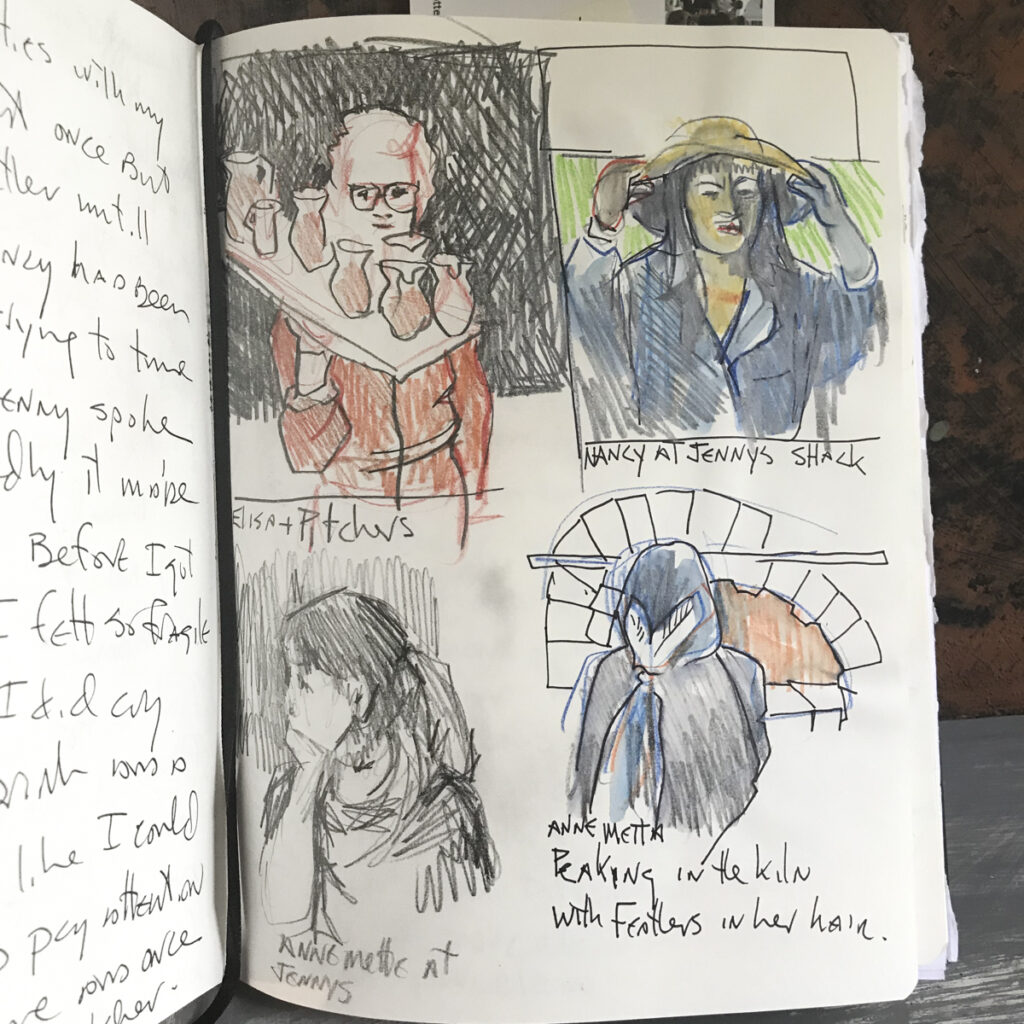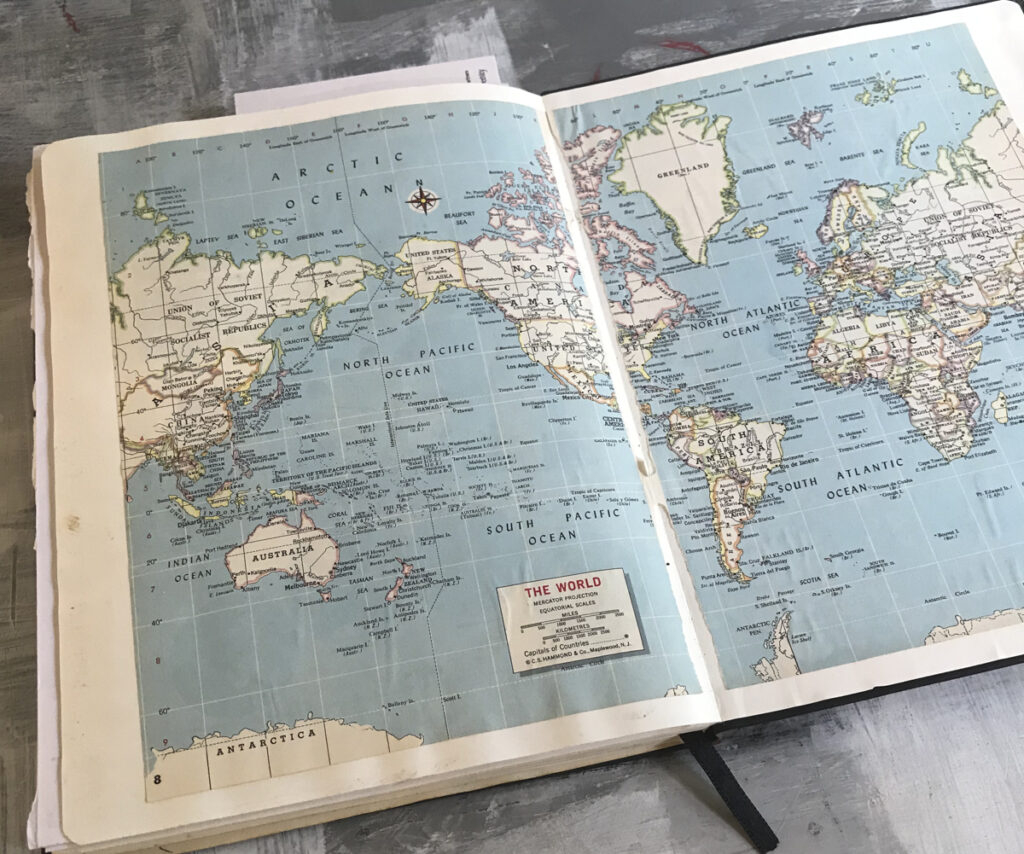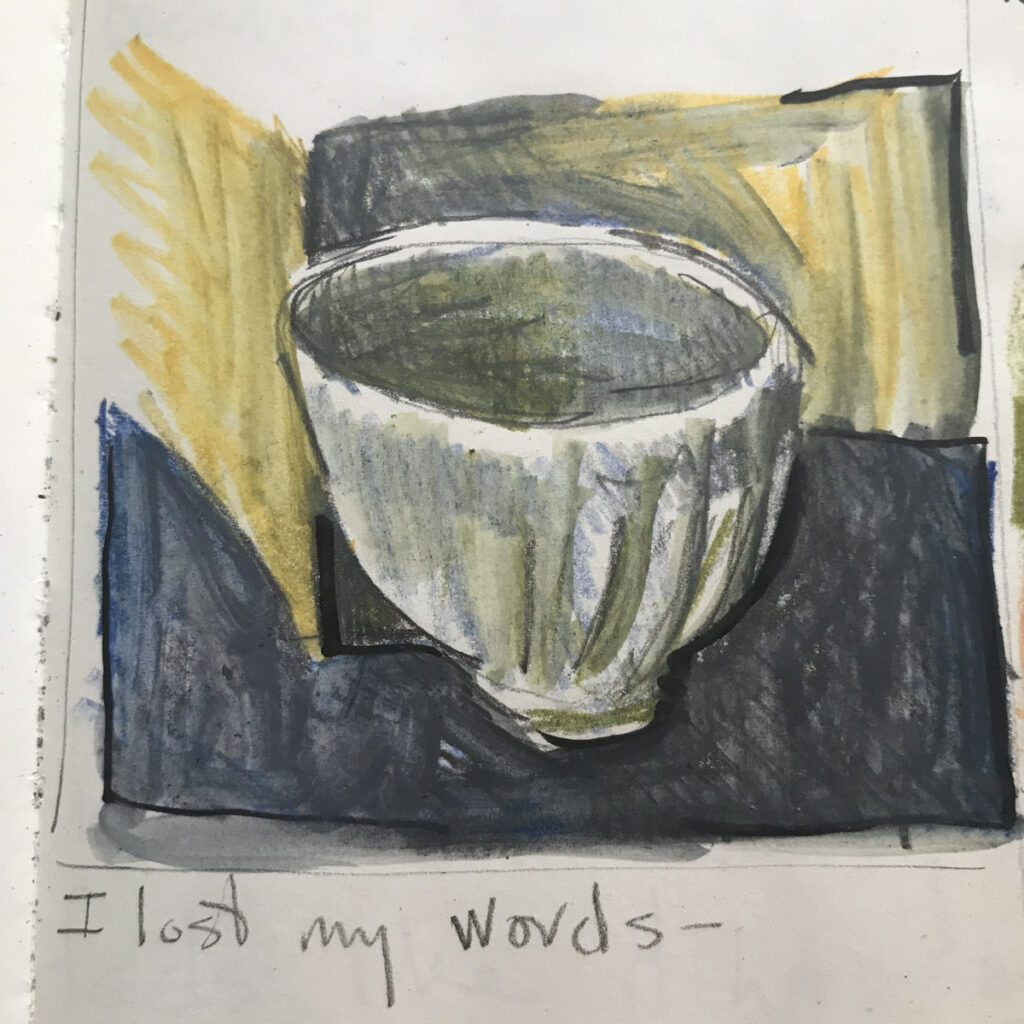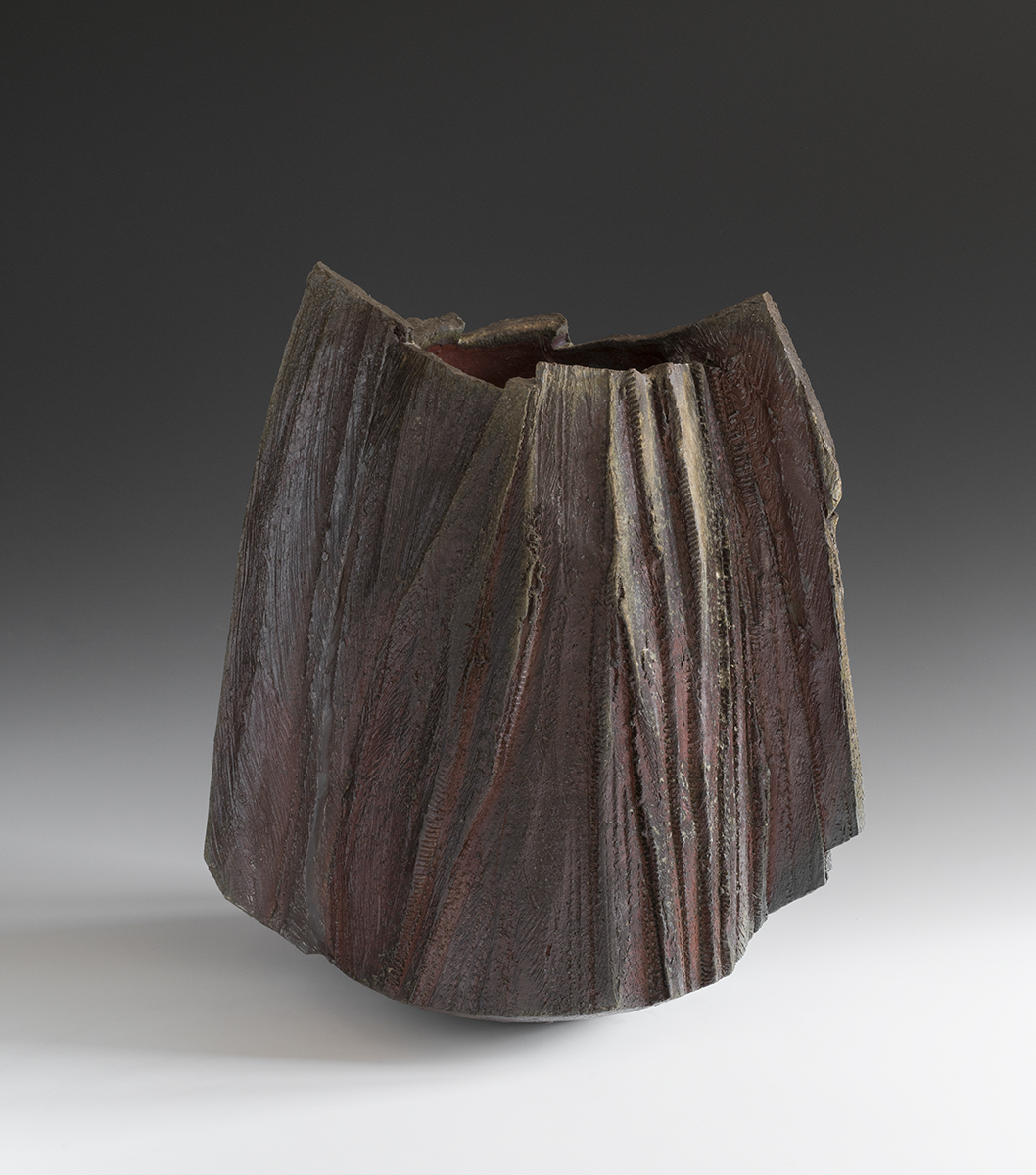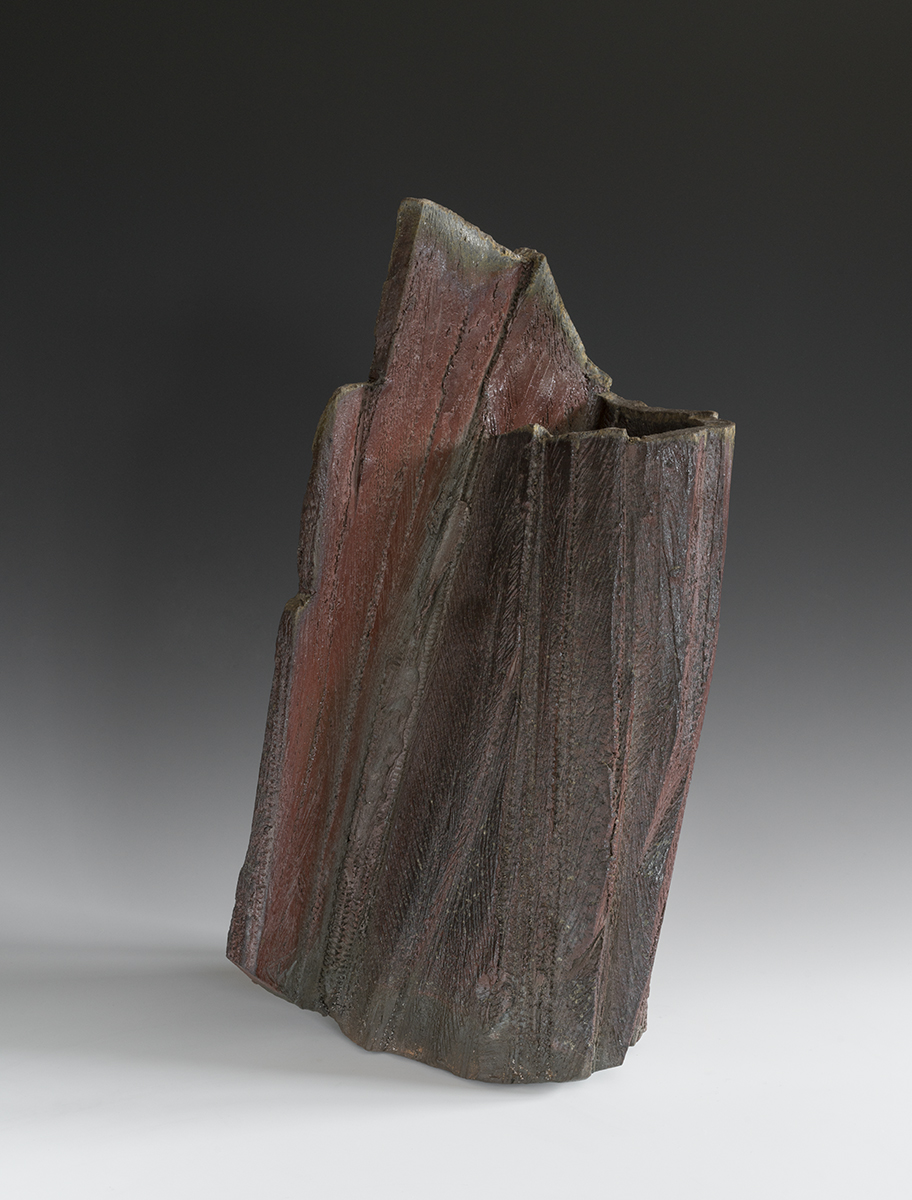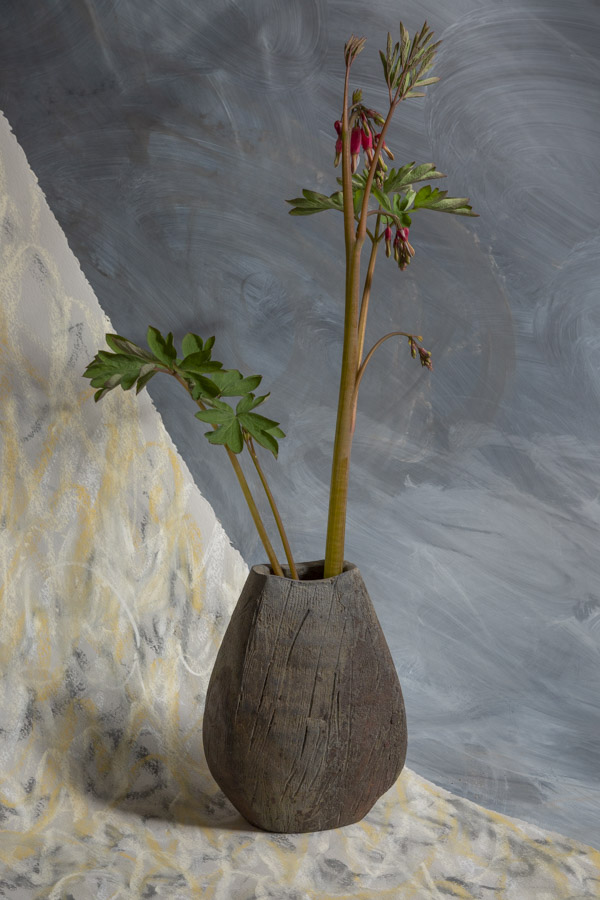Every day as I start to write I hesitate for fear of saying the tone deaf thing. So I turn away from my pen and read what others have to say about the protests and the actions we can take or what Claudia Rankine wrote five years ago on the precariousness of being black in America. As an artist I am reminded that we can’t help but notice the personal lives and the heartfelt choices that have been made. I turn to weeding and drawing and processing clay as tangible acts that help me while I think. These thoughts create empathy for the crisis so many people are experiencing; thoughts that search for appropriate actions.
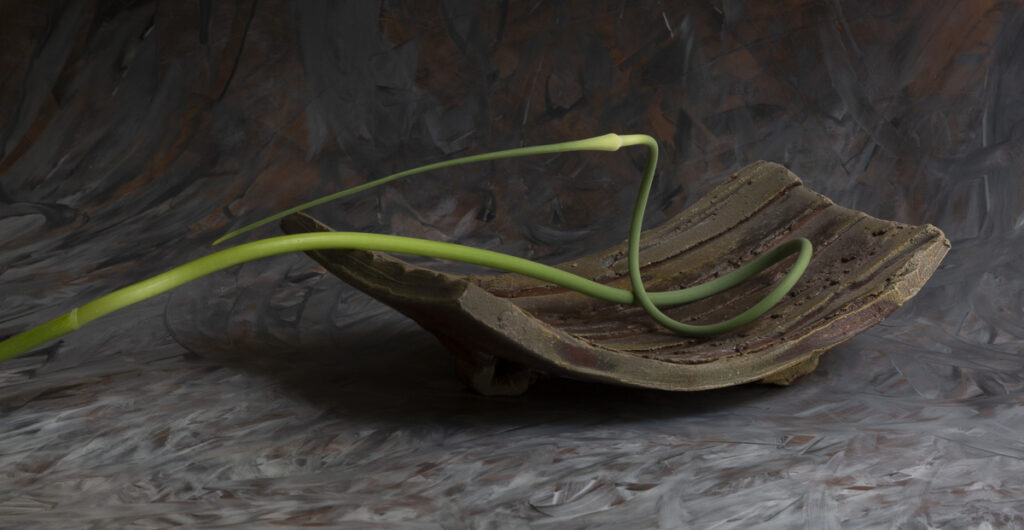
TODAY ANOTHER UNIVERSE
The arborist has determined:
senescence beetles canker
quickened by drought
but in any case
not prunable not treatable not to be propped.
And so.
The branch from which the sharp-shinned hawks and their mate-cries.
The trunk where the ant.
The red squirrels’ eighty-foot playground.
The bark cambium pine-sap cluster of needles.
The Japanese patterns the ink-net.
The dapple on certain fish.
Today, for some, a universe will vanish.
First noisily,
then just another silence.
The silence of after, once the theater has emptied.
Of bewilderment after the glacier,
the species, the star.
Something else, in the scale of quickening things,
will replace it,
this hole of light in the light, the puzzled birds swerving around it.
–Jane Hirshfield, in Ledger, Alfred A. Knopf, 2020
